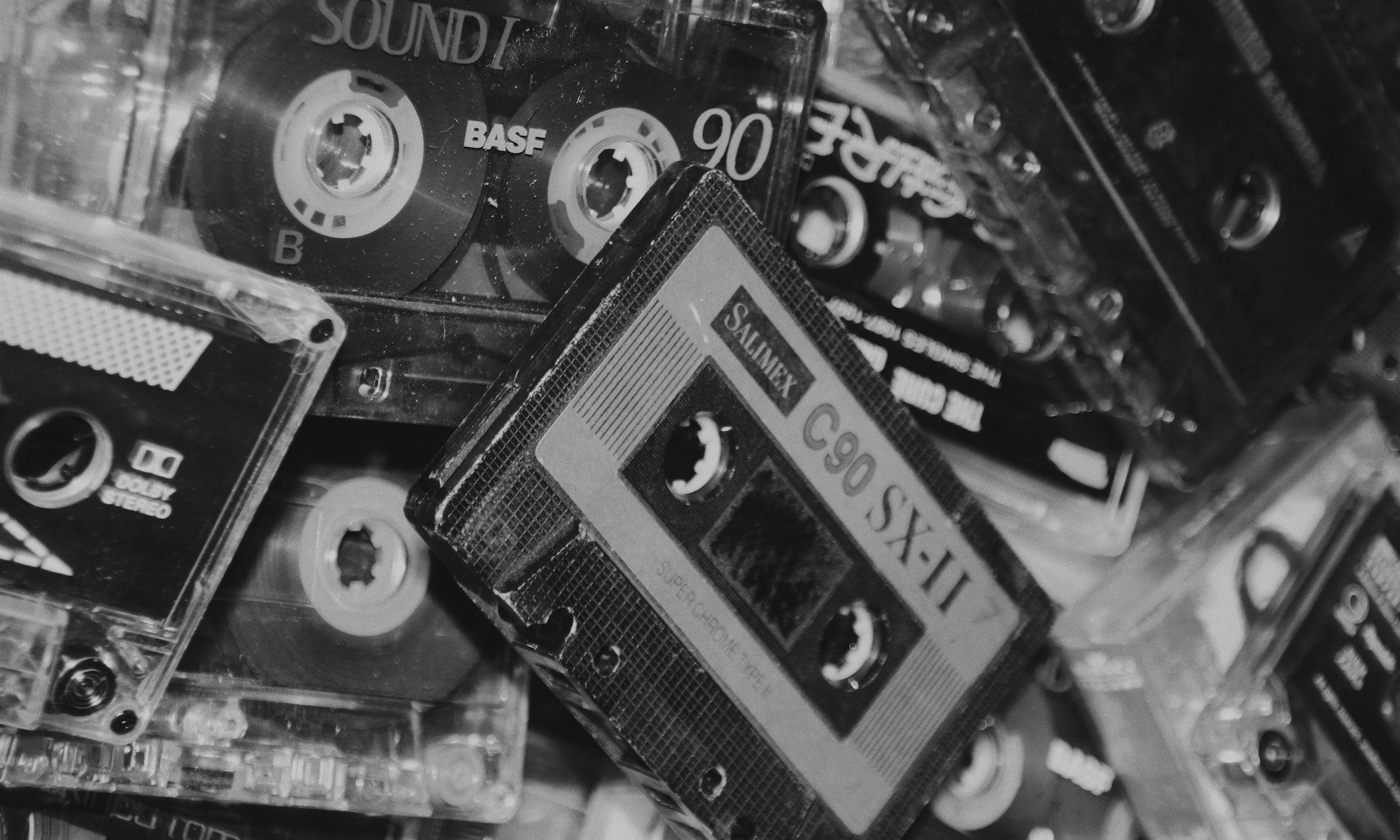I’ve often had an uneasy feeling when watching large-scale tragic events unfold on television and the internet. Sometimes I’m keen to find out the latest news, the death toll, the extent of the damage. Not because I need to know, not because I will necessarily do anything in response, not because it will fuel my prayer. But often it’s because – in a perverse kind of way – I’m entertained by the unfolding drama. In reality, I do care, I do respond, I do pray – but often I need to switch off the constant coverage to avoid falling into the entertainment trap.

Yesterday, Tim Challies reposted an article that he wrote in the aftermath of the January 2010 earthquake in Haiti. I think it has a particular relevance to the 24/7 media circus surrounding the tragic floods in Queensland, Australia. Each of the core free-to-air TV stations are jostling for the exclusive interview, they want to be shown to be in the thick of the disaster zone, and they want to be seen to be helping. I don’t think I’m just being cynical.
Challies’ article is written with an intermingling of quotes from Neil Postman’s Amusing Ourselves to Death (I’ve briefly referenced Postman’s brilliant book before). Postman’s book is all about media in the age of entertainment. I was going to insert an extract, but you’re better off clicking here and reading the whole article.
Am I alone on this one? How do you avoid treating tragedies like entertainment?

Yeah, this post brought to you by the Channel Seven Reporters from the Channel Seven Helicopter flying over the renamed Channel Seven Bridge…
You’re not alone in this. The predictability of the Australian media’s treatment of these events is becoming painful.
First comes the breaking news, which is fine. Then the long and drawn out “special reports” with the same footage shown on loop while they wait for breaking developments. They’d use the cricket’s super slow-mo if they could. Especially for shots of stuff crashing into bridges.
Then they start harassing survivors for interviews. And invent a new vocabulary to describe the situation.
Then there’s some sort of token fundraising effort – like a telethon.
Then there’s the filler. Quirky animal stories and tips for the clean-up.
Then, normal coverage resumes – but the networks start advertising themselves based on the quality of their coverage of the incident.
Finally, the network’s “current affairs” programs will start hounding insurance companies and performing their own inquests.
I avoid by only listening to/watching the ABC in these few weeks. But I’ve found Twitter and Facebook have been much more useful this time around than in the past, so far as giving real time, real person, updates on stuff. And the Queensland Police Service has been outstanding online.
good to not be alone!
appreciate your insights.
i think your spot on with the predictable scripting of network channels!
prayed for you (QLD Christians in general) in church tonight. prayed you’d be able to comfort those in need and share some love!
peace
well said. i’ve had the same thought.
cheers steve. what have you done to not treat it like entertainement?
Thanks for the article Dave. Lou and I watched the flood coverage last week. I resonate with your thoughts.
thanks stu. again – glad i’m not alone!